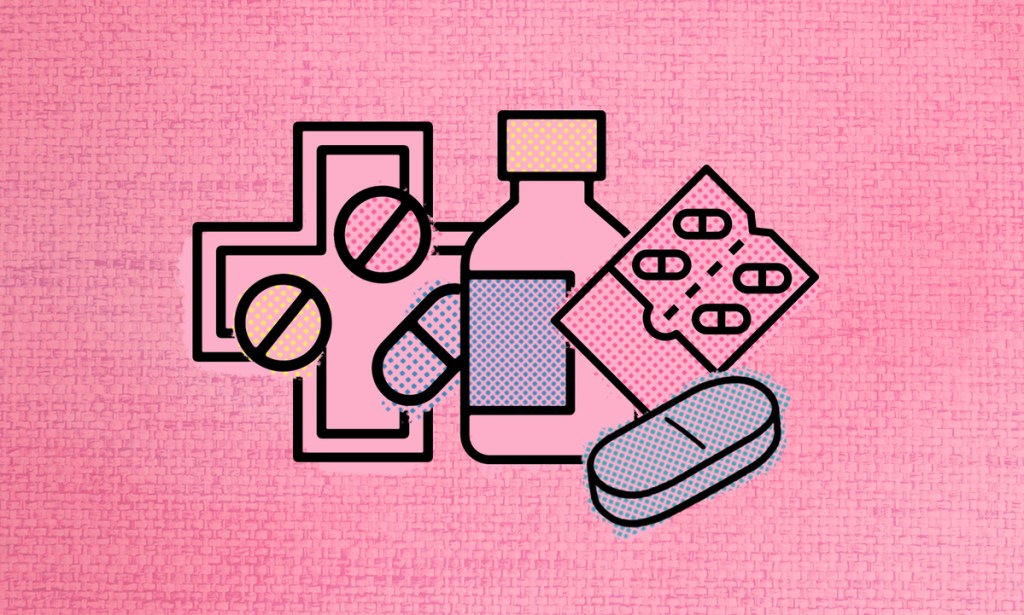Antibiotic could be used as STI ‘morning after pill’ for queer men and trans women under CDC plans

The CDC’s Dr Jonathan Mermin said the antibiotic doxycycline is “new option in the toolbox to curb” the rise in reported sexually transmitted infections (STIs) in the US. (Pexels)
US health officials plan to recommend an antibiotic as a ‘morning after’ treatment to help stem the spread of sexually transmitted infections (STIs) in certain at-risk groups, including queer men and transgender women.
Guidelines from the Centers for Disease Control and Prevention (CDC), published on Monday (2 October), propose that health providers offer doxycycline, also known as doxy PEP, to men who have sex with men, and trans women, within three days of them having unprotected sex.
The proposal comes after studies found that taking doxycycline, an antibiotic that has been available for more than four decades, led to a decrease in common STIs such as chlamydia, syphilis and gonorrhoea.
Dr Jonathan Mermin, the director of the CDC’s National Center for HIV, Viral Hepatitis, STD and Tuberculosis Prevention, said there needed to be a “new option in the toolbox to curb [the] epidemic” rise in reported STIs.
“From 2011-2021, reported STIs have increased 42 per cent, with more than 2.5 million cases in 2021 alone,” Dr Mermin wrote on X, formerly Twitter.
“If left untreated, STIs can have serious health consequences, including increased HIV risk.”

If doxy PEP is delivered equitably, it could help the US “bring down the toll of STIs among people who are disproportionately affected by these infections” as healthcare officials “continue to search for other needed tools”, he added.
The CDC guidelines, which will be finalised after a 45-day public comment period, were based on four studies of using doxycycline against bacterial STDs, the Associated Press reported.
Dr Mermin highlighted how one set of modelling data suggested that prescribing the treatment could avert about 40 per cent of STIs among members of queer community for whom it is recommended.
As such, the guidance is specific to the groups that have been studied most extensively: gay, bisexual and queer men, as well as trans women, who had had a sexually transmitted disease in the past 12 months and were seen as being at high risk of being infected again.
There’s less evidence regarding effectiveness among other groups, the CDC reported.
How did this story make you feel?

